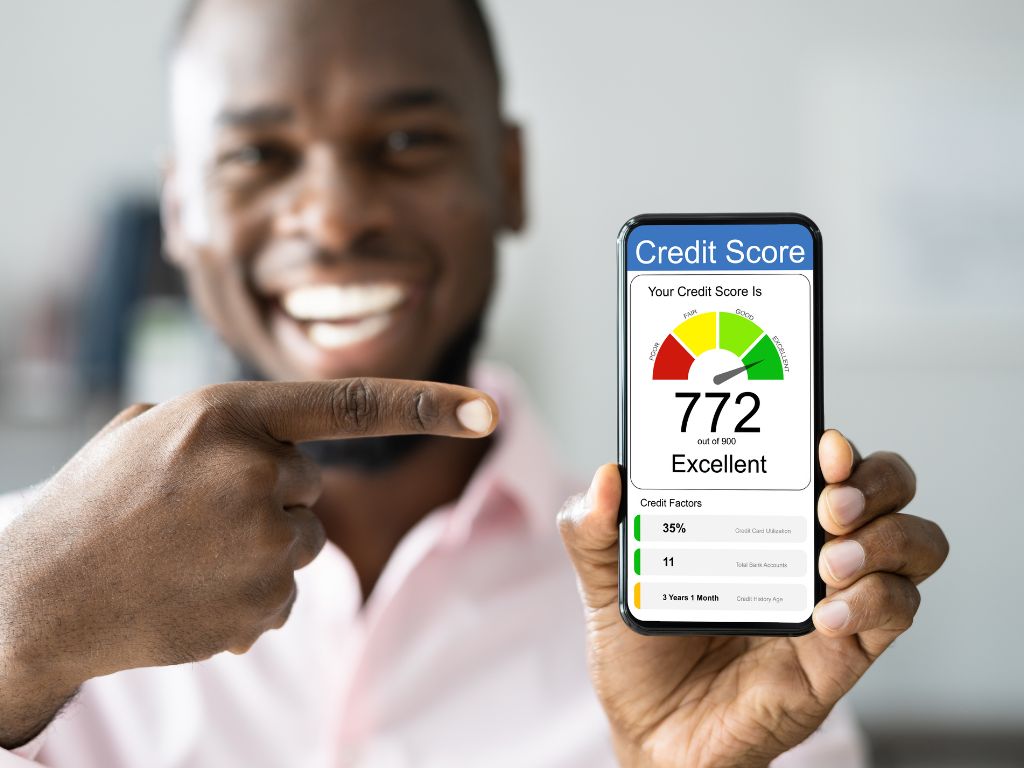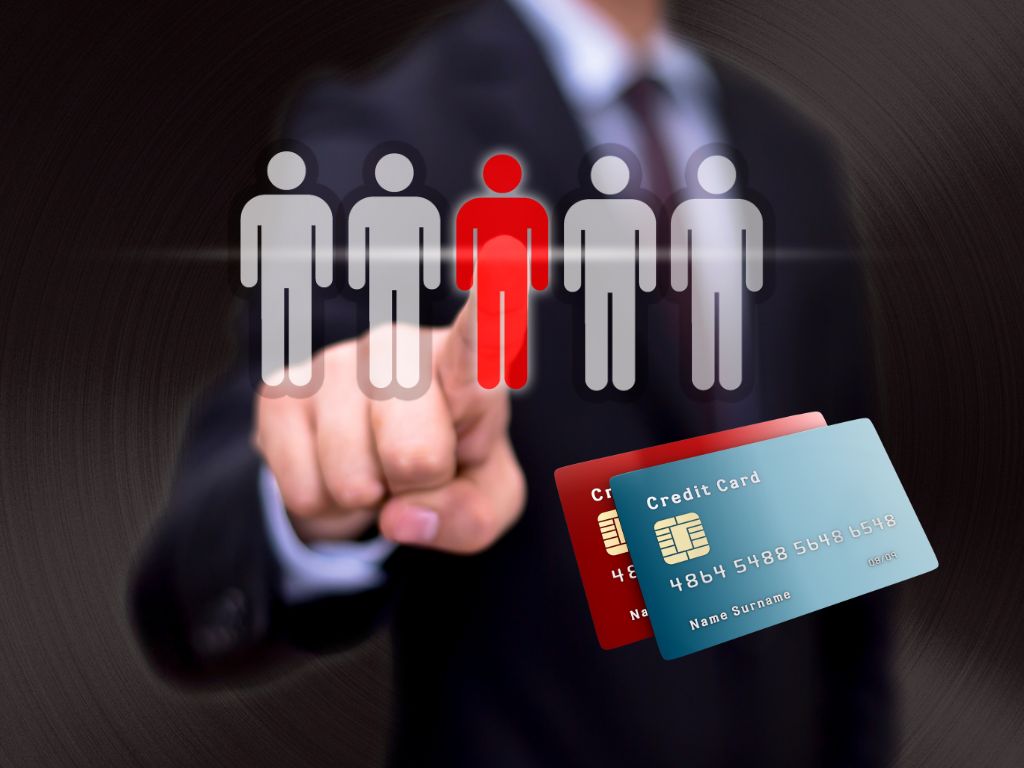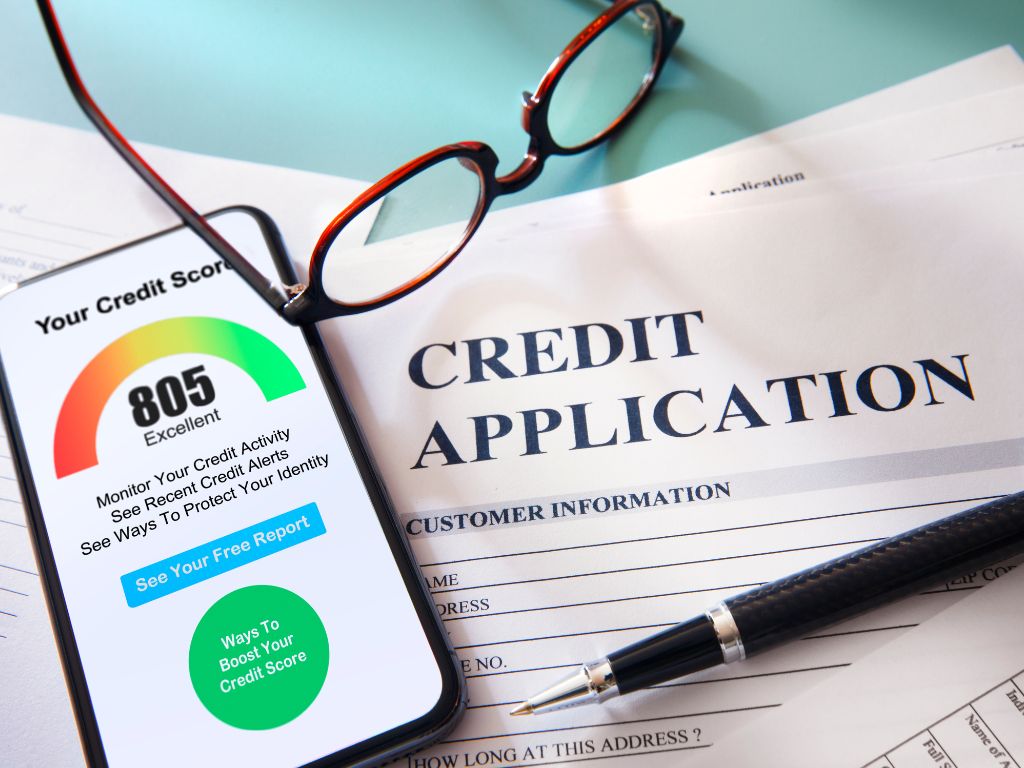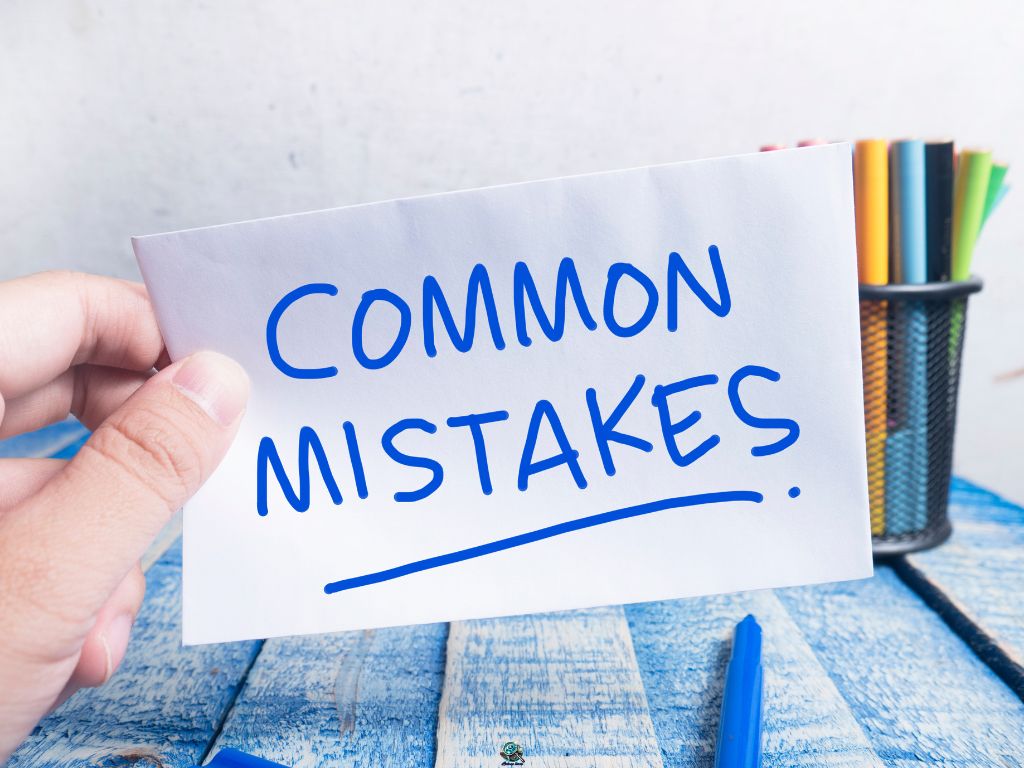Introduction: The Fastest Way to Start Building Credit
When you’re starting from scratch, a secured credit card is the single fastest way to start building credit.
Why? Because it’s accessible, low risk, and reports directly to the credit bureaus which means your responsible usage starts generating a real credit history, fast. You don’t need a perfect background. You don’t even need a high credit score. All you need is a small deposit and a strategy.
But not all secured credit cards are created equal.
Some charge unnecessary fees. Some don’t graduate to unsecured cards. Others don’t even report to all three credit bureaus which defeats the whole purpose.
In this guide, you’ll discover the best secured credit cards to build credit fast, even if you have no credit history at all. We’ll break down exactly what makes a card worth using, which ones to trust, and how to choose the right option for your goals.
Key Takeaways
- Secured credit cards are the fastest way to build or rebuild credit even with no history or low scores.
- The best secured cards report to all three credit bureaus, have low or no annual fees, and may graduate to unsecured accounts.
- A higher deposit doesn’t mean a better card, look for smart features, not just limits.
- Using your secured card the right way is more important than the card itself: on-time payments, low balances, and consistency build your score.
- You only need one good secured card to start building strong credit fast.
Disclaimer: This site contains affiliate links. If you make a purchase, we may earn a commission at no extra cost to you.

🔍 What Makes a Secured Credit Card “Good” for Building Credit?
Not every secured credit card helps you build credit effectively and choosing the wrong one can slow you down before you even get started.
Here’s what actually matters when picking the right secured card:
1. Reports to All Three Credit Bureaus
If a card doesn’t report your activity to Experian, Equifax, and TransUnion, it’s worthless for building credit. You need full bureau coverage so your score grows across the board not just in one place.
2. Low (or No) Annual Fees
You’re already putting down a deposit. Don’t lose money every year just to keep the card open. The best secured cards either skip the annual fee or keep it minimal because your goal is to build credit, not rack up costs.
3. Reasonable Deposit Requirements
Most secured cards require a refundable deposit that becomes your credit limit usually starting at $200. Some go higher, but a higher deposit doesn’t build credit faster. Choose a card with a deposit you can comfortably afford.
4. Path to Graduation
The best secured cards offer a clear way to graduate to an unsecured credit card after consistent, responsible use. This matters because unsecured cards often come with higher limits, better rewards, and no deposit.
5. Easy Approval for Low or No Credit
If you’re just starting out, you need a card that doesn’t require a strong credit profile to qualify. Some secured cards are designed specifically for people with no credit history, making approval fast and frustration-free.
6. No Hidden Traps
Watch out for junk fees, processing charges, or cards that pull a hard inquiry even if you’re prequalified. A good secured card should be transparent and beginner-friendly.
A secured card is a tool not a trophy. The right one helps you build credit fast, safely, and without getting stuck in a high-fee trap.


🏆 Top 5 Best Secured Credit Cards to Build Credit Fast
1. Discover it® Secured Credit Card
Why it stands out: Discover’s secured card is one of the only ones that offers cashback rewards while you build credit plus, it automatically reviews your account for graduation starting at 7 months.
Highlights:
- Reports to all 3 credit bureaus
- 2% cashback at gas stations and restaurants (up to $1,000/quarter)
- No annual fee
- Minimum deposit: $200
- Potential to graduate after 7 months
Best for: Beginners who want to build credit and earn rewards at the same time.
2. Capital One Platinum Secured Credit Card
Why it stands out: With Capital One, you might qualify for a $200 credit limit with just a $49 deposit, making it one of the most affordable secured cards available.
Highlights:
- Reports to all 3 credit bureaus
- No annual fee
- Deposits start at $49, $99, or $200 (based on creditworthiness)
- Automatic credit line reviews for graduation
- No foreign transaction fees
Best for: Low-deposit users looking for flexibility and no fees.
3. Chime Credit Builder Visa® Card
Why it stands out: Chime flips the secured card model: there’s no fixed credit limit, no interest, and no minimum deposit. You use your own money to set your spending limit, and the card automatically pays itself off.
Highlights:
- No interest or annual fee
- No credit check to apply
- Reports to all 3 credit bureaus
- Works with Chime Spending Account + qualifying direct deposit
Best for: Users who want a debt-free way to build credit with total control.
4. OpenSky® Secured Visa® Credit Card
Why it stands out: OpenSky doesn’t require a credit check, making it ideal for people with damaged credit or no SSN. Approval is based on identity and deposit not credit history.
Highlights:
- Reports to all 3 credit bureaus
- $35 annual fee
- Minimum deposit: $200
- No credit check required
- Wide approval window
Best for: People who’ve been denied elsewhere or are starting over.
5. Self Secured Credit Card (via Credit Builder Loan)
Why it stands out: This unique card is unlocked after making payments on a Self credit-builder loan. It’s a perfect next step for users who want to build credit through two channels at once.
Highlights:
- No hard inquiry to apply
- No annual fee
- Builds credit through both loan and card payments
- Reports to all 3 bureaus
- Unlocks after $100 in savings via loan
Best for: People who want to build credit with both installment and revolving accounts.

📊 Secured Credit Card Comparison Table
| Card Name | Min Deposit | Annual Fee | Reports to 3 Bureaus? | Graduates to Unsecured? | Unique Advantage |
|---|---|---|---|---|---|
| Discover it® Secured | $200 | $0 | ✅ Yes | Automatically after 7 months of good behavior | Earns cash back rewards while building credit |
| Capital One Platinum Secured | $49, $99, or $200 | $0 | ✅ Yes | Automatically with periodic reviews (as soon as 6 months) | Accessible with a very low initial deposit |
| Chime Credit Builder Visa® | Flexible (money moved from checking) | $0 | ✅ Yes | N/A (different model) | No credit check; build credit using your own money, with no interest or fixed limit |
| OpenSky® Secured Visa® | $200 | $35 | ✅ Yes | With request after a period of responsible use | No credit check required for application |
| Self Secured Visa® | $100+ (via Credit Builder Account) | $25 (after a $0 intro first year) | ✅ Yes | N/A (tied to the loan) | Combines a credit builder loan and secured card to build two types of history |

💡 How to Choose the Right Secured Card for You
The best secured card isn’t the one with the most features, it’s the one that fits your current credit goals, budget, and risk tolerance.
Looking to earn rewards while building credit?
The Discover it® Secured is hard to beat. It offers cashback on everyday purchases, reports to all three bureaus, and can graduate to an unsecured card in as little as 7 months.
Need a low-deposit option that won’t stretch your budget?
Capital One Platinum Secured lets qualified users get started with just $49 down, and there’s no annual fee to worry about.
Want to avoid interest or risk entirely?
Chime Credit Builder only lets you spend money you’ve already transferred onto the card so you can’t carry a balance or incur debt. It’s ideal for ultra-safe credit building.
Denied by other issuers or have no credit history?
OpenSky® Secured Visa® doesn’t require a credit check, making it one of the most accessible options for beginners, immigrants, or those recovering from past credit damage.
Hoping to build multiple types of credit at once?
Self gives you an installment loan to build credit history and unlocks a secured card after saving $100 creating two active accounts that strengthen your credit profile together.
Before you apply:
- Know how much you can comfortably put down as a deposit
- Avoid submitting multiple applications (too many hard inquiries can hurt your score)
- Choose one card and commit to using it right: pay on time, keep balances low, and monitor your progress
Building credit isn’t about collecting cards, it’s about consistency. One smart decision, used well, can change your financial future.

📈 What to Do After Getting Approved
Getting approved is a win but the real credit-building starts the moment your card arrives.
Here’s how to use it the right way from day one:
Activate and fund the card immediately.
Make your deposit if you haven’t already, then activate the card and add it to your wallet. There’s no benefit to letting it sit unused, you want the account reporting as soon as possible.
Make one small purchase each month.
You don’t need to spend a lot. In fact, you shouldn’t. Buy a coffee, a streaming subscription, or a tank of gas then pay it off in full. One small charge each month is enough to show activity and build a payment history.
Set up autopay or reminders.
Missing a single payment can undo months of progress. Avoid that risk by automating payments or setting reminders a few days before the due date. Your credit score is built on consistency.
Monitor your credit reports.
Use free tools like Credit Karma or Experian to track changes to your score. Most secured cards start reporting within 30–60 days. When that happens, you’ll see your credit file start to form and that’s your cue that the strategy is working.
Don’t close the card too soon.
Even after you graduate to an unsecured card, consider keeping your secured account open (especially if it has no annual fee). The age of your accounts plays a role in your score, and older cards help.
Using a secured card isn’t about spending, it’s about signaling. You’re proving that you can manage credit responsibly. Every swipe, every payment, every statement is a message to the credit bureaus: this person can be trusted.
🧭 Pros and Cons of Secured Credit Cards
| 👍 Pros | 👎 Cons |
|---|---|
| Easy approval: Available to people with no credit or low credit scores. | Upfront deposit required: Cash is locked as collateral, which can be a hurdle if funds are tight. |
| Reports to credit bureaus: Helps build your credit history month by month. | Some charge annual fees: Even small fees eat into your early progress. |
| Low entry cost: Some cards only require a $200 refundable deposit. | Low limits: Small credit lines can make utilization harder to manage. |
| Controlled spending: Limit is tied to your deposit, preventing overspending. | No guarantees: Graduation to an unsecured card isn’t automatic—it depends on issuer policy. |
| Path to graduation: Some cards offer upgrades to unsecured credit and refund deposits. | Patience required: It can take 6–12 months of responsible use before upgrade options appear. |

Common Mistakes People Make With Secured Cards
Even with the right card, it’s easy to make small mistakes that lead to big credit problems. Here’s what to avoid:
Using too much of your credit limit
High utilization can tank your score. Stick to using less than 30% of your limit and ideally under 10%.
Missing a payment
Just one missed payment can stay on your report for up to seven years. Set up autopay or reminders the moment your card is activated.
Paying late but thinking it “doesn’t count”
Even a day late can trigger a late fee or negative report. Always pay before the due date.
Applying for too many cards
One is enough. Applying for multiple secured cards can cause hard inquiries that hurt your score and make you look credit-hungry.
Closing the card too early
Don’t shut it down as soon as you graduate to an unsecured card. Keeping the account open (especially if it has no fee) helps maintain your average account age.
Thinking the deposit is a fee
That deposit is refundable. Don’t treat it like lost money, treat it like training wheels. Use it to build trust with the system, then get it back.
A secured card is a tool. Use it wrong, and it won’t just fail, it can set you back. Use it right, and it builds credit faster than almost anything else.

Conclusion: Choose One Card, Start Building Today
You don’t need five credit cards, a perfect score, or years of history to build credit, you just need one smart choice and consistent habits.
Every card on this list can help you start building credit fast, even with no history. The key is to pick the one that fits your goals, use it responsibly, and let time do the rest.
Open your account. Make small purchases. Pay them off in full. Monitor your score. That’s it.
Credit building doesn’t have to be complicated, it just has to be intentional.

FAQs: Secured Credit Cards for Building Credit
Do secured credit cards really help build credit?
Yes. As long as the card reports to all three major credit bureaus, your responsible usage like on-time payments and low balances directly improves your credit profile.
How fast can a secured card improve my score?
You can see score movement within 30–60 days after opening your account. Most people begin building a visible credit score within 3–6 months, assuming consistent use and no other negative factors.
What happens to my deposit?
Your deposit is held as collateral and typically refunded when your account is upgraded to unsecured or closed in good standing. It’s not a fee, it’s protection for the lender.
Can I get denied for a secured credit card?
Yes, though it’s less common. Denials usually happen due to issues like unpaid debts, insufficient income, or identity verification problems. Cards like OpenSky may approve you without a credit check.
Will using multiple secured cards build credit faster?
Not necessarily. One well-managed card is enough to establish solid credit. Opening multiple accounts too soon can actually lower your average account age and trigger unnecessary hard inquiries.
Do I need to carry a balance to build credit?
No. This is a common myth. You should pay off your full balance each month. Carrying a balance just costs you money in interest, it doesn’t boost your score.
0 Comments